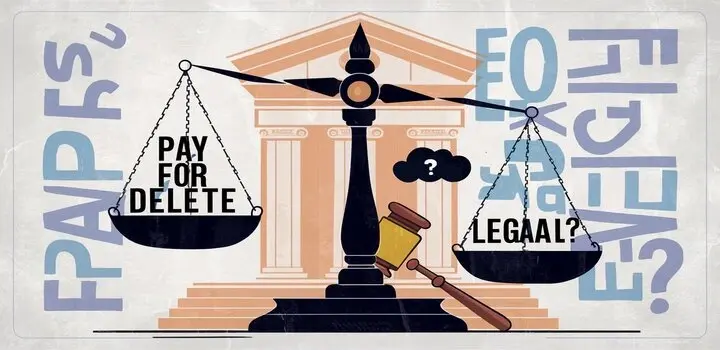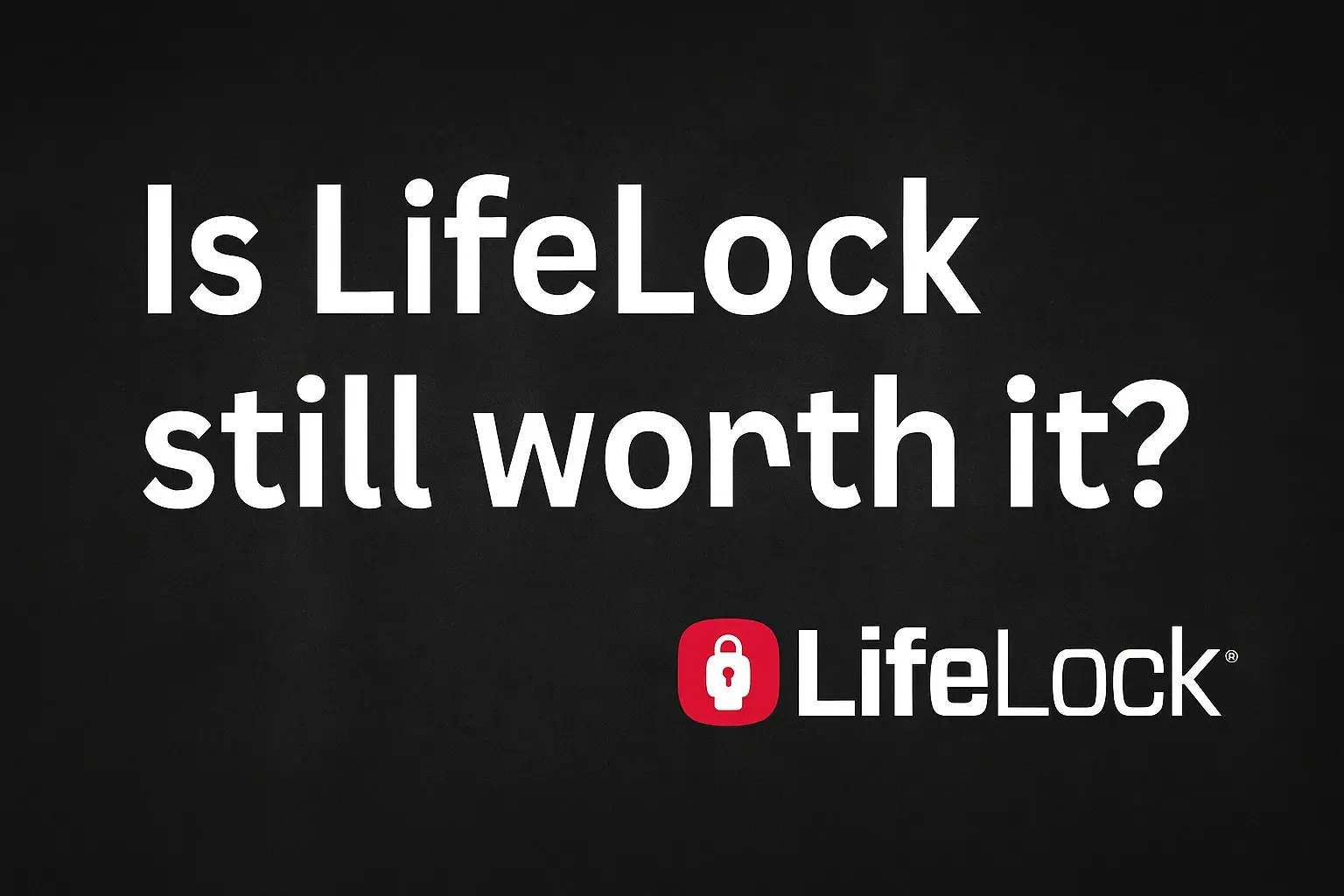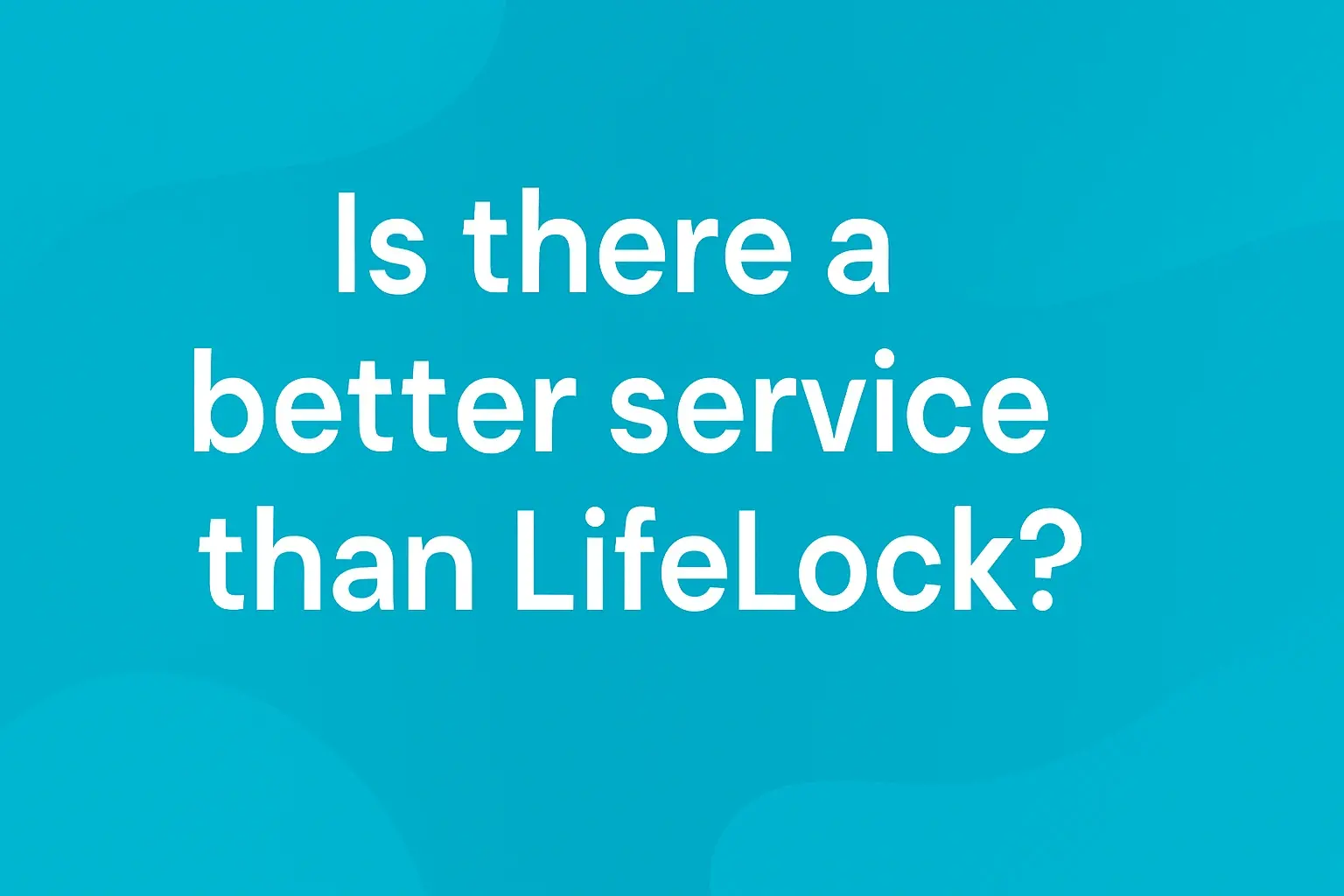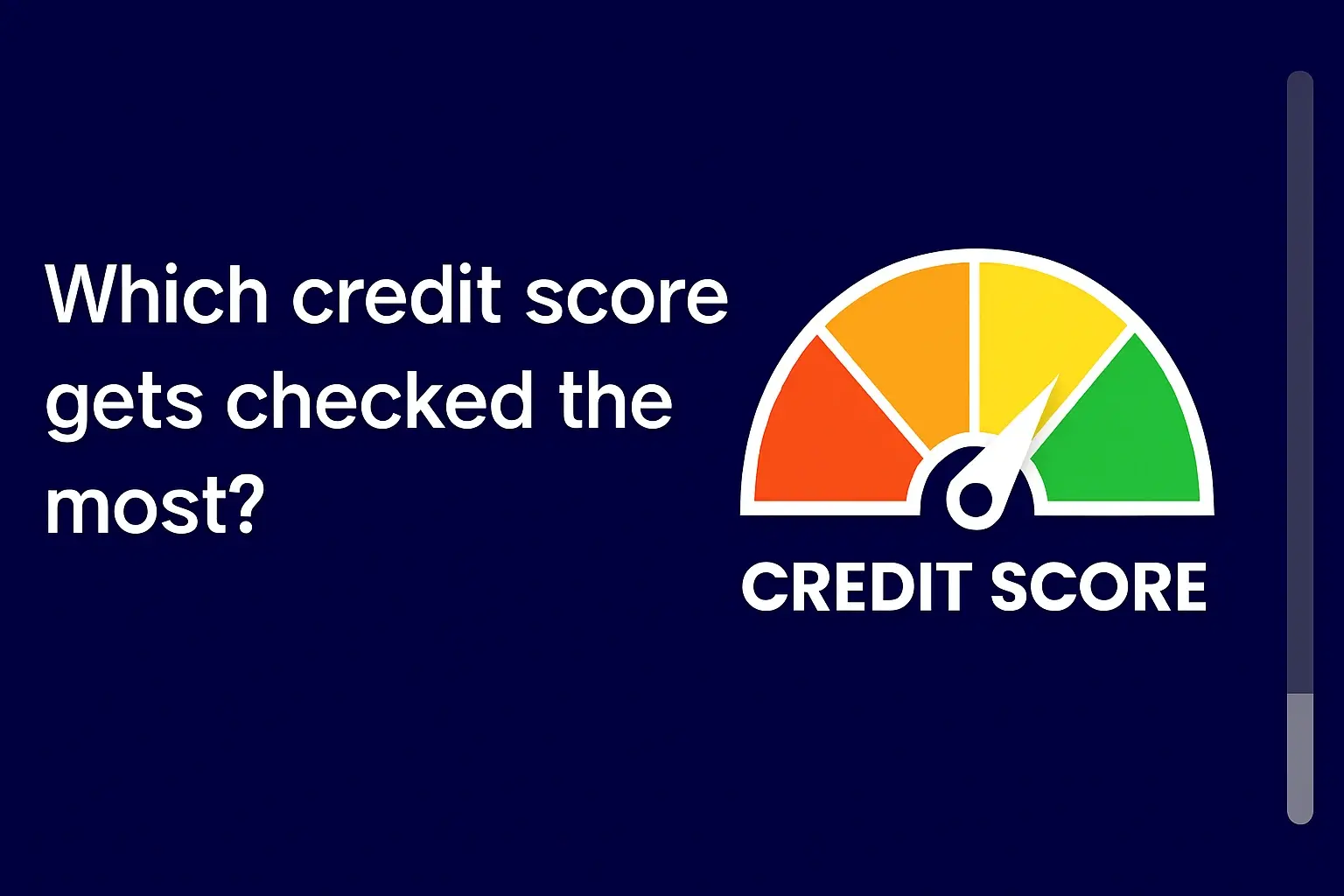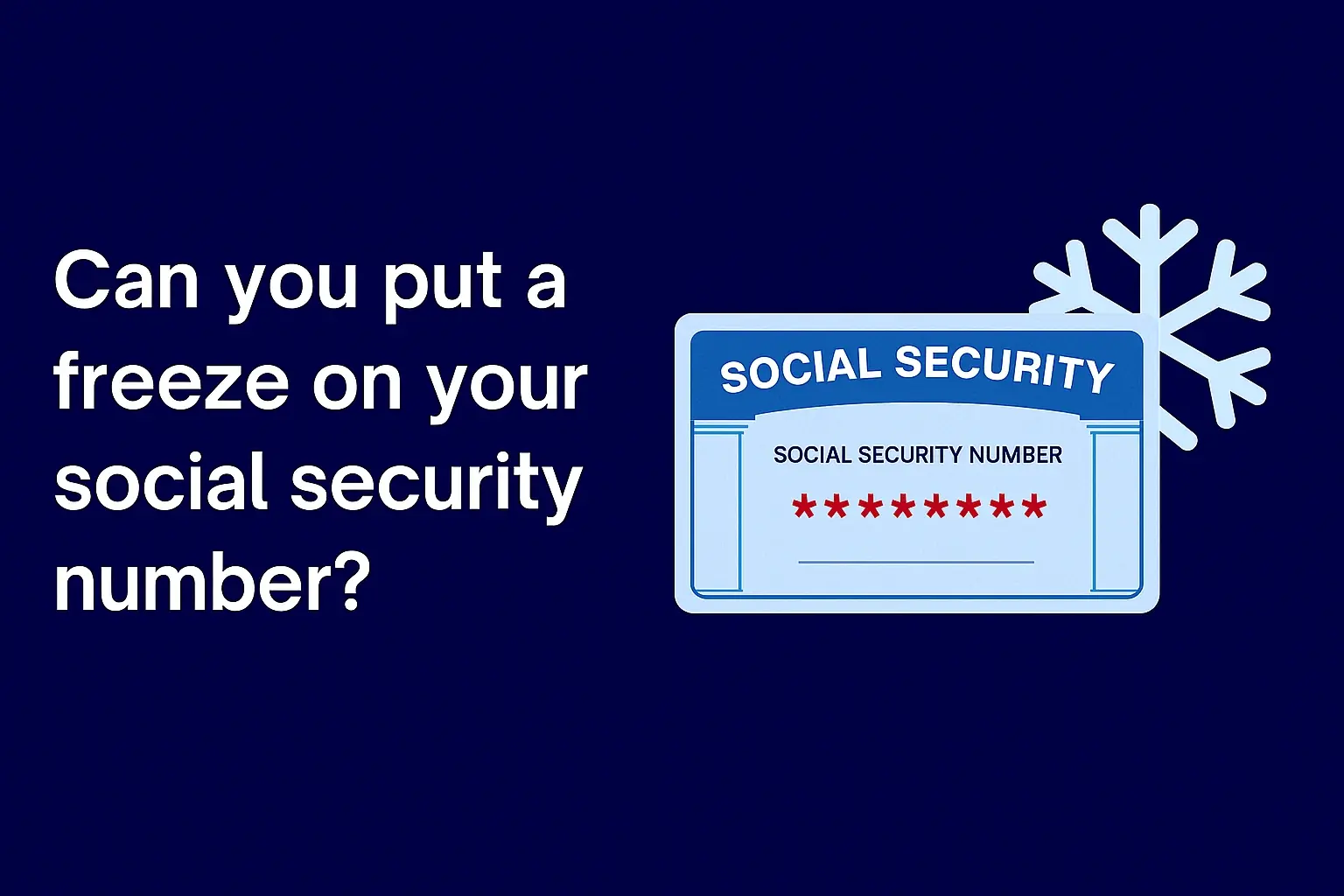-
Posted on: 26 Jul 2024
-
LifeLock is a well-known name in the identity theft protection industry. With catchy commercials and promises of comprehensive monitoring, it's easy to see why many people turn to them for peace of mind. However, before you sign up for a LifeLock plan, it's crucial to understand the potential drawbacks. This article delves into the downsides of LifeLock, exploring its limitations, costs, and whether it truly delivers on its promises.
What Exactly Does LifeLock Do?
LifeLock offers various identity theft protection services. These typically include:
- Credit Monitoring: Monitoring your credit reports from TransUnion, Equifax, and Experian for signs of fraud.
- Dark Web Monitoring: Scanning the dark web for your personal information, such as email addresses, passwords, and credit card numbers.
- Alerts: Notifying you of suspicious activity related to your credit, bank accounts, and personal information.
- Identity Restoration Services: Providing assistance to help you restore your identity if it's compromised.
- Reimbursement Package: Offers compensation (up to certain limits depending on the plan) for losses incurred due to identity theft.
While these services sound promising, it's important to critically evaluate how effective they are and what they *don't* cover.
The Major Downsides of LifeLock
Despite its popularity, LifeLock has several drawbacks that potential customers should be aware of:
1. Limitations in Preventing Identity Theft
The most significant misconception about LifeLock is that it can completely *prevent* identity theft. LifeLock cannot prevent identity theft. It can only monitor for signs of it and help you recover after it occurs. Many types of identity theft, such as medical identity theft or government benefits fraud, may not be easily detected by credit monitoring or dark web scans. Moreover, LifeLock relies on detecting fraudulent activity *after* it happens, which means you're still vulnerable to potential damage.
For example, if someone opens a fraudulent account using your information, LifeLock will only alert you once the account shows up on your credit report. The fraudster could have already made purchases or withdrawn funds before you receive the alert.
2. The Cost of LifeLock
LifeLock plans come with varying levels of protection and, consequently, varying costs. While the base plans may seem affordable, the more comprehensive plans, offering higher levels of monitoring and reimbursement, can be quite expensive. The costs can quickly add up, especially if you need to protect multiple family members.
Consider the following:
- Introductory Pricing: LifeLock often offers attractive introductory pricing for new customers. However, these prices usually increase significantly after the initial period. Be sure to read the fine print and understand the renewal rates.
- Tiered Plans: The features and benefits you receive depend on the plan you choose. The most basic plans offer limited protection, while the more robust plans come with a higher price tag.
- Family Plans: Adding family members to your plan increases the overall cost. Evaluate whether the price is justified compared to individual plans or alternative family protection services.
Before subscribing, carefully compare the costs of different LifeLock plans and alternative identity theft protection services to determine which offers the best value for your needs.
3. Reliance on Credit Reports
A significant portion of LifeLock's monitoring relies on your credit reports. While this is important, it means that fraudulent activities that *don't* affect your credit report may go unnoticed. For example, someone could use your Social Security number to file fraudulent tax returns or receive government benefits without affecting your credit score. LifeLock's credit monitoring wouldn't detect this type of identity theft.
Furthermore, it's important to understand that credit reports can sometimes contain inaccuracies. LifeLock can alert you to these errors, but it's ultimately your responsibility to dispute and correct them, which can be a time-consuming process.
4. Limited Protection Against Account Takeovers
While LifeLock monitors for changes in your credit report and alerts you to potential fraudulent activity, it may not be as effective at preventing account takeovers. Account takeovers occur when someone gains unauthorized access to your existing accounts, such as your bank account, email account, or social media accounts.
LifeLock doesn't directly monitor these accounts for suspicious activity. Instead, it relies on detecting changes in your credit report that may indicate an account takeover, such as a new credit card application or a change of address. This reactive approach means that fraudsters could potentially cause significant damage before LifeLock detects the problem.
5. Customer Service Issues
Some customers have reported issues with LifeLock's customer service. Complaints often revolve around long wait times, difficulty resolving issues, and unhelpful support representatives. In times of crisis, such as when you've experienced identity theft, reliable and responsive customer support is crucial. Negative customer service experiences can exacerbate the stress and frustration associated with identity theft.
Before subscribing, consider researching LifeLock's customer service reputation and reading reviews from other customers. Look for patterns in the complaints and assess whether these issues are a deal-breaker for you.
6. Data Breach Vulnerabilities
Like any company that stores personal information, LifeLock is vulnerable to data breaches. A data breach could expose your sensitive data to hackers, potentially increasing your risk of identity theft. While LifeLock invests in security measures to protect customer data, no system is completely foolproof.
It's important to understand that even if you take steps to protect your identity, you're still vulnerable if the companies you trust with your information experience a data breach. This highlights the importance of being proactive about protecting your personal information and regularly monitoring your accounts for suspicious activity.
7. Over-Reliance and Complacency
Perhaps one of the biggest dangers is that subscribing to LifeLock can lead to a false sense of security. Some people may become complacent about protecting their personal information, assuming that LifeLock will handle everything. However, it's essential to remember that LifeLock is only one layer of defense against identity theft. You still need to practice good security habits, such as:
- Using strong, unique passwords for all of your online accounts.
- Being cautious about clicking on links or opening attachments in emails from unknown senders.
- Regularly monitoring your bank accounts and credit card statements for suspicious activity.
- Shredding sensitive documents before discarding them.
- Being wary of phishing scams and other attempts to trick you into revealing your personal information.
By remaining vigilant and proactive, you can significantly reduce your risk of becoming a victim of identity theft, regardless of whether you subscribe to LifeLock or another identity theft protection service.
8. The Fine Print and Reimbursement Limitations
LifeLock offers a reimbursement package to cover certain losses resulting from identity theft. However, it's important to carefully review the fine print and understand the limitations of this coverage. The amount of reimbursement you're eligible for depends on your LifeLock plan, and there may be exclusions or limitations on the types of losses that are covered.
For example, some plans may not cover losses incurred as a result of pre-existing identity theft incidents or losses that are not directly related to the fraudulent activity. It's also important to understand the process for filing a claim and the documentation you'll need to provide. Make sure you fully understand the terms and conditions of the reimbursement package before subscribing to LifeLock.
LifeLock Alternatives
If you're concerned about the downsides of LifeLock, consider exploring alternative identity theft protection services. Some popular options include:
- IdentityForce: Offers robust monitoring and identity theft insurance.
- Identity Guard: Utilizes IBM Watson's AI to detect potential threats.
- Aura: Combines identity theft protection, antivirus software, and a VPN.
- Experian IdentityWorks: Provides credit monitoring and identity theft alerts from Experian.
Ultimately, the best identity theft protection service for you will depend on your individual needs and preferences. Take the time to research different options, compare their features and pricing, and read reviews from other customers before making a decision.
DIY Identity Theft Protection
You can also take proactive steps to protect your identity yourself, without relying on a paid service. This "DIY" approach can be effective and cost-efficient. Here are some key steps:
- Monitor Your Credit Reports Regularly: You're entitled to a free credit report from each of the three major credit bureaus (TransUnion, Equifax, and Experian) once a year. Space out your requests so you can monitor your credit throughout the year.
- Set Up Fraud Alerts: You can place a fraud alert on your credit reports to require creditors to verify your identity before opening new accounts in your name.
- Freeze Your Credit Reports: A credit freeze prevents creditors from accessing your credit reports, making it more difficult for fraudsters to open new accounts in your name. You can lift the freeze temporarily when you need to apply for credit. Credit freezes are now free in all states.
- Use Strong Passwords and Two-Factor Authentication: Protect your online accounts with strong, unique passwords and enable two-factor authentication whenever possible.
- Be Cautious of Phishing Scams: Be wary of emails, phone calls, and text messages that ask for your personal information. Never click on links or open attachments from unknown senders.
- Secure Your Social Security Number: Treat your Social Security number like cash. Don't carry your Social Security card with you, and only provide your number when absolutely necessary.
- Review Your Bank and Credit Card Statements Regularly: Look for any unauthorized transactions or suspicious activity.
By taking these steps, you can significantly reduce your risk of identity theft and protect your financial well-being.
Conclusion
LifeLock can be a helpful tool for monitoring your credit and detecting signs of identity theft. However, it's important to understand its limitations and potential drawbacks. It cannot prevent identity theft, and it may not be effective at detecting all types of fraud. Weigh the costs and benefits carefully, and consider alternative options before making a decision. Remember that proactive measures and good security habits are essential for protecting your identity, regardless of whether you subscribe to a paid service.

